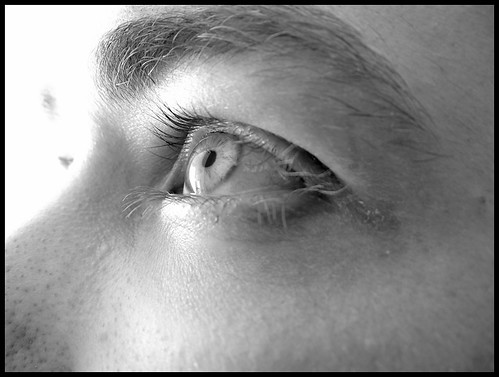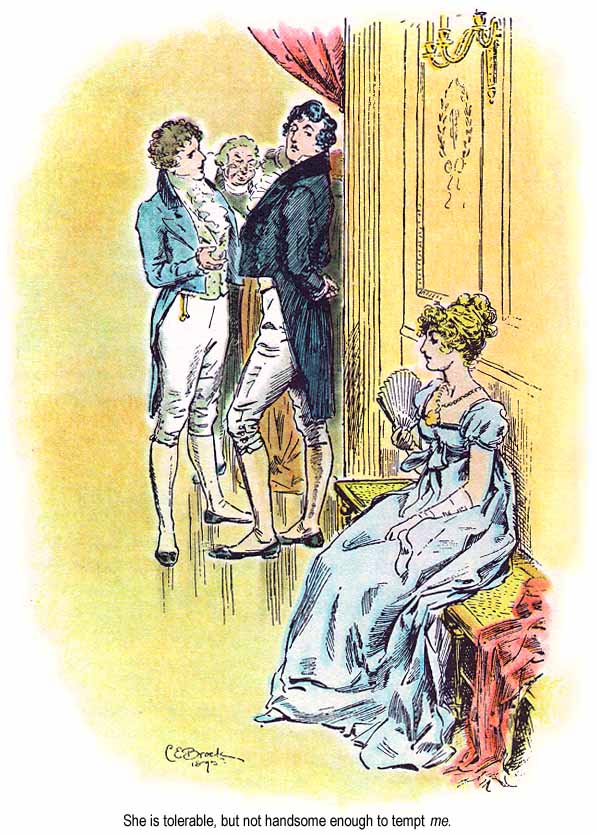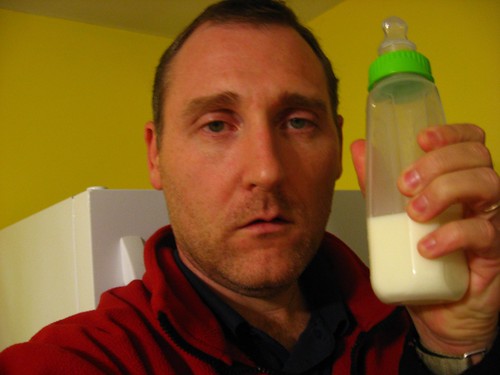I have a dream… a great and far-extending dream.

I dream of a world where people are not trapped on a consumerist treadmill – either as consumers or consumed. A world where everyone has enough, and no-one is weighed down by too much. A world that values quality above quantity. A world where beauty is seen in individuality, both in people and in things. Standardization is an excellent thing in a cup measure but it is not a measure for humans.
I dream of a world in which people are not trafficked to feed the desires of others, whether for cheap goods, sex, or service. A world where the innate dignity of human-ness is respected. A world where sex is a matter of mutual committed love, not a matter of force or a financial transaction.
I dream of a world where people are not treated as interchangeable units, but valued for their individual talents. A world where the educational systems encourage those talents to flourish, so they can be used for the benefit of all, and not merely the profit of one’s employer. A world where everyone has something to do, and can experience the satisfaction of a job well done. A world where work is a right and a blessing, not an onerous burden or a forlorn hope.

I dream of a world where people are rewarded for the value of their work rather than the prestige of it. A world where people are considered of greater importance than efficiency, profitability and wealth. A world where the economy serves the people, not the other way around. A world where governments act in their people’s best interests, rather than compelling the people to act in their government’s best interests.
A world without corruption. A world where the justice systems provide justice, but are not deaf to mercy; a world where sentences are aimed at restoration and rehabilitation, not at retribution and revenge. A world where laws are simple (and few) enough to be understood by all, and founded on fairness and common-sense, rather than the preferences of powerful lobbies.
A world where there is enough food for everyone, food that is healthy both for the people who eat it, and the land which produces it. A world that is tended like a garden, not hunted down like prey. A world where housing, clothing, and all the necessities and joys of life are produced in ways that harm neither the environment nor the people which produce them, nor those people who eventually use them.
I dream of a world where people do not have to risk their lives to seek a better life for themselves or their children; a world where people in need are not smuggled across borders or turned back with violence, but welcomed with open arms and open hands. I dream of a world where the right to live is not conditional on the acceptance of others.

I dream of a world which experiences the peace which is more than the absence of war; a world where even interpersonal conflicts are handled with grace. A world where people are taught the life skills they really need: how to care for themselves and their families, how to manage their resources well, how to have healthy relationships. A world where communities are stronger than corporations.
I dream of a world where people with mental or physical disabilities are not marginalized, dehumanized, or hidden away; but rather treated as human beings just like the rest of us: different, but the same.
I dream of a world where medical systems are not understaffed, overworked, over-prescribing or over-standardized, but able to treat each person individually, taking the time to help them understand the situation and their options, and to be an active participant in their healing rather than the passive undergoer of standardized treatment.
There is more to this dream than I can say, and people have used many different words to try to sum up different parts of it. Lagom. Environmentally friendly. Fair Trade. Boundaries. Open borders. Restorative justice. Abolition.
But I have one phrase which sums this all up for me: the kingdom of God.

The kingdom of God, Jesus said, is like a treasure buried in a field. When a man found it, he sold off everything he had just so he could buy that field, and possess the treasure within it.
And this is a dream that is worth giving up everything for.
I can’t make this dream come true all by myself, I know that. But I can work on the parts of it that are given me to affect, and encourage those who I recognize as working on it too. I really do believe there is nothing more worth doing with the one life given to me.
If something is not worth dying for, it’s not worth living for either, because either way you are giving your life to it.
What dream are you giving your life to?











